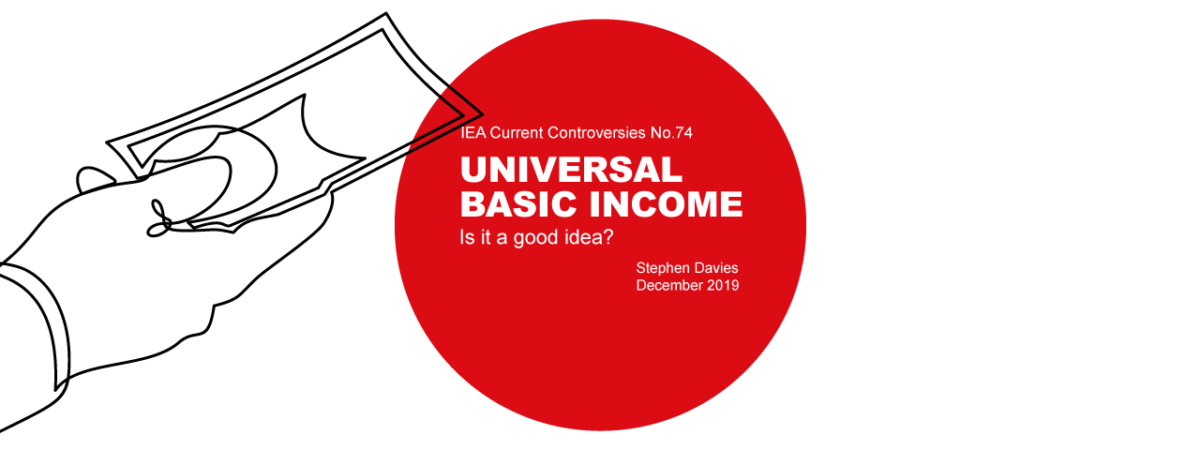Vox Pop
SUGGESTED



Why banning energy drinks doesn't make sense
- The government has proposed a ban on the sale of energy drinks to minors on the basis that these products have high levels of sugar and caffeine, and can be damaging to health.
- Many energy drinks are low in sugar or contain no sugar at all. Even full sugar energy drinks do not contain more sugar than Pepsi. All the leading energy drink brands have 32 mg of caffeine per 100 ml.
- This is more than tea and cola but less than any form of caffeinated coffee. Most single-serve coffees from leading high street retailers contain more caffeine than a can of energy drink.
- Young people consume far more caffeine from tea, coffee and cola than they do from energy drinks. Among 10 to 17 year olds, energy drinks contribute just 10.5 per cent of total caffeine intake. Even the heaviest adolescent consumers of energy drinks get more than 80 per cent of their caffeine from other sources.
- There is no evidence that sugar and caffeine in energy drinks is more problematic than sugar and caffeine in other beverages. A ban on one category of the soft drink market would be discriminatory and disproportionate
Fullscreen Mode




